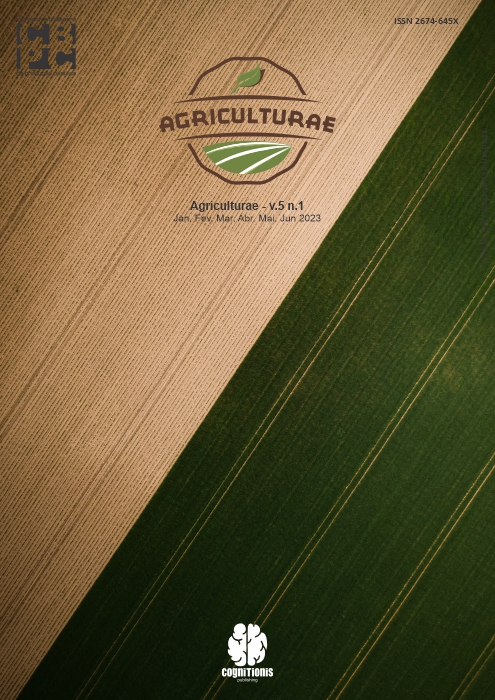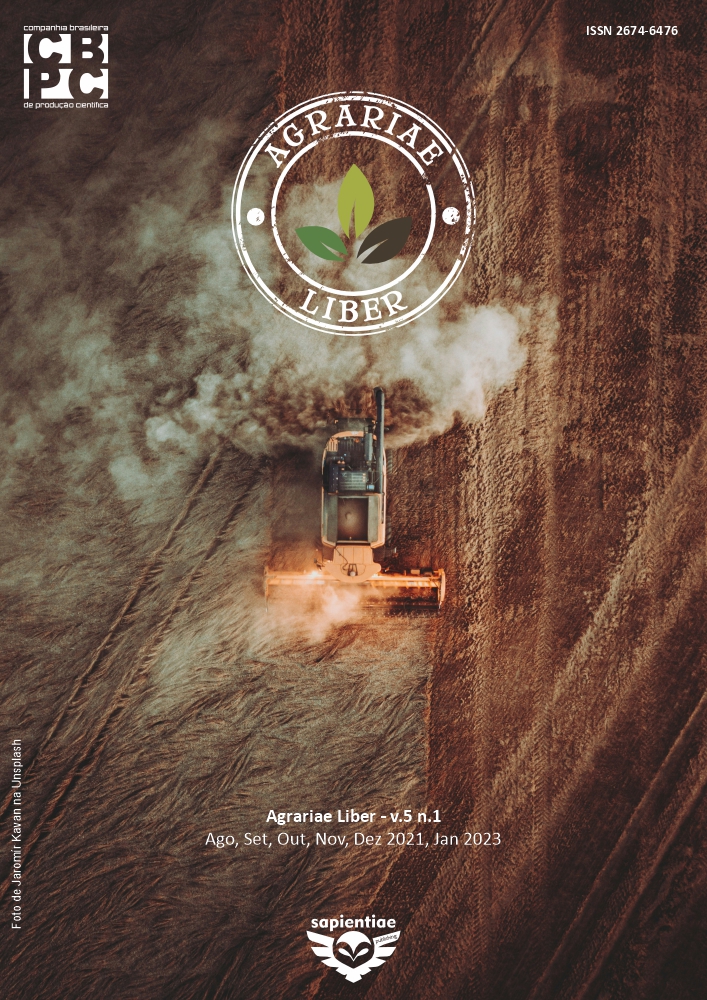Evaluation of water quality in wells that supply hotels in Ipojuca/PE
DOI:
https://doi.org/10.6008/CBPC2237-9290.2020.001.0003Keywords:
Groundwater, Coastal Aquifers, Water Quality, Hydric Management, SalinizationAbstract
The concentration of large urban centers along the Brazilian coast, and the growing interest in areas close to the beaches for housing or leisure, has led to the increase in demand for water supply, mainly in tourist cities. To meet the need for consumption of the district of Porto de Galinhas, in the municipality of Ipojuca in Pernambuco, it has been adopted the explotation of groundwater as an alternative to supply this deficit. In this context, this study aimed to characterize the potability pattern of water collected from tubular wells supplying hotels in the municipality of Ipojuca and to present measures that contribute to improve the quality of the wells studied. An investigation was conducted using secondary data from reports obtained from the Agência Pernambucana de Águas e Climas (APAC) and Agência Estadual de Meio Ambiente (CPRH), in the period between 2010 and 2018, where microbiological and physicochemical parameters of the water samples were evaluated for the quality of waters destined to human consumption, according to the Consolidation Ordinance Nº 5 of 2017 of the Ministry of Health. The Qualigraf software was used to perform the ionic balance and the construction of Piper diagram used to classify the collected waters. The results indicate the predominance of sodium chloride waters. The water in general is appropriate for human consumption, where, in most cases, the potability criteria defined by the current environmental laws are satisfied. Some ionic reasons obtained in the present study are not found in the ranges of variation characteristic of the continental waters indicating the possibility of saline intrusion.
Downloads
Downloads
Published
Issue
Section
License
The CBPC - Companhia Brasileira de Produção Científica (Brazil CNPJ: 11.221.422/0001-03) the material rights of the published works. The rights relate to the publication of the work anywhere in the world, including rights to renewals, expansions and dissemination of the contribution, as well as other subsidiary rights. All electronically published works may subsequently be published in printed collections under the coordination of this company and / or its partners. The authors preserve the copyright, but are not allowed to publish the contribution in another medium, printed or digital, in Portuguese or in translation.








